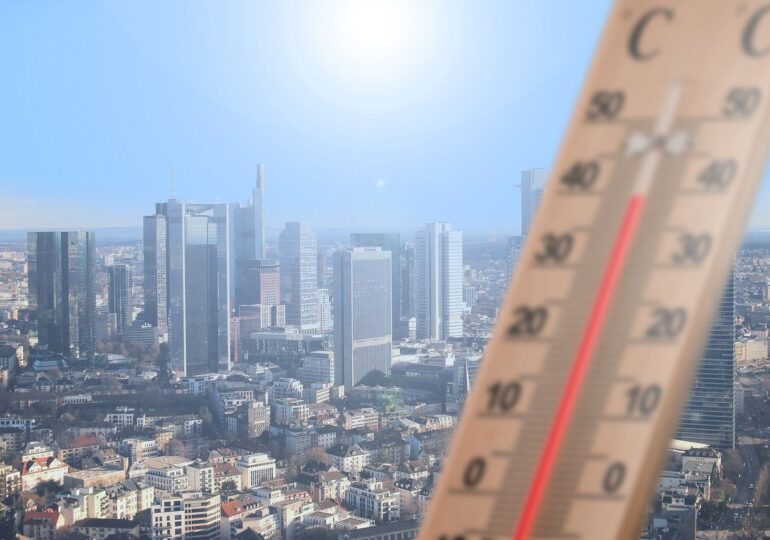July 2025 was the third hottest July ever recorded globally, according to data published Thursday by the European Union’s Copernicus Climate Change Service.
The global average surface air temperature was 16.68°C, 0.45°C above the July average for the period 1991-2020.
Although it did not surpass the records set in July 2023 and 2024, this year's July was 1.25°C warmer compared to the pre-industrial period (1850–1900), when massive industrial burning of fossil fuels began.
Among the most affected regions was Turkey, where a new national temperature record was reached: 50.5°C. The extreme heatwave contributed to exacerbating the effects of a summer marked by severe weather events.
"Climate change has not stopped"
"Although the recent streak of global temperature records has stopped - for now - this does not mean that climate change has stopped. We continue to witness the effects of a warming world, through events such as extreme heatwaves and catastrophic floods in July," said Carlo Buontempo, director of the Copernicus Service, quoted by Reuters.
August 2024 - July 2025 period exceeded the 1.5°C threshold
According to Copernicus data, the 12-month period between August 2024 and July 2025 was 1.53°C warmer than the pre-industrial era average, surpassing the 1.5°C threshold set in the Paris Agreement.
This international agreement aims to limit global warming below this level to avoid the most severe effects of climate change.
Greenhouse gas emissions, the main cause
Scientists warn that the main cause of climate change remains the emission of greenhouse gases generated by the burning of fossil fuels. Last year was already declared the warmest in the history of meteorological measurements.
Although surpassing the 1.5°C threshold is not officially long-term, many experts warn that staying below this level is becoming increasingly unrealistic. They urge governments to accelerate efforts to reduce CO₂ emissions to limit the frequency and intensity of extreme weather events.
The Copernicus Service uses climate data recorded since 1940, combined with global historical information dating back to 1850. These allow for a precise analysis of climate evolution and the impact of human activities on global temperatures.

